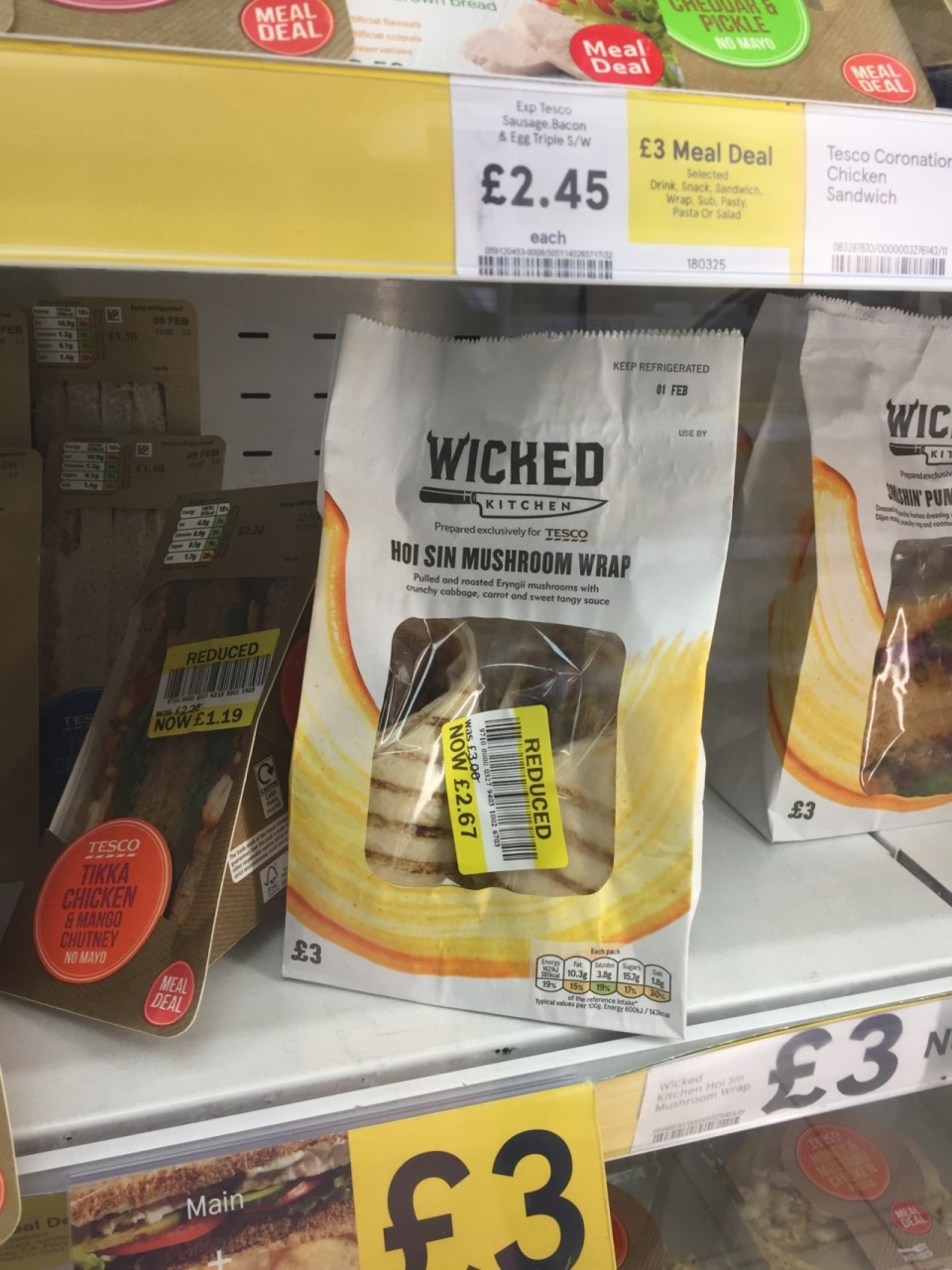Is 2018 set to be The Year of the Vegan?
In January there was #Veganuary, a charitable campaign to encourage non-vegans to move towards a plant based diet for the month. The hashtag was used to spread yummy vegan recipes. Alongside this, vegan on-the-go meals from known vegan/vegetarian brands such as Quorn and newcomer Wicked Kitchen have been started appearing on the shelves of high street supermarkets.
This means the public now have a ready alternative to the standard non-vegan options already on the shelf. Quorn promises “to bring people delicious and exciting food that is good for them and good for the planet.” And their prices are are competitive.

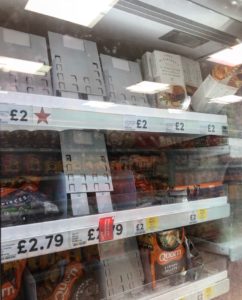
Some of Quorn’s most popular producs are: Crispy Fillets; Chicken Style Burgers; Fishless Fingers; Nuggets; and BBQ Strips. And in many stores you can but them on offer at three for £5.
Whilst Quorn, a familiar vegan/vegetarian brand, are offering lower prices, Wicked Kitchen are not. A standard meal deal in London ranges from £3-£4.99 which usually includes a main, a side, a snack and a drink. Wicked Kitchens’ Vegan Sweet Potato Pakora or Hoi Sin Mushroom Wrap costs £3 making this something of a luxury item. Even on special offer, these items do not often dip below £2.50.
Most surveys give two reasons for public resistance to veganism: lack of choice; and added expense. For cash-conscious foodies like this, £3 for one ‘on-the-go’ item is too expensive. The danger therefore is that some of the people who want to lead a vegan lifestyle are excluded by price.
And how do we know that the companies supplying us with this healthy vegan food are also living up to vegan ethics? And for that matter how many of the customers buying vegan food even care about this Does eating meat-free food automatically make you an environmentalist?
For me vegan ethics include a commitment to recycling and fair trade, and opposition to mass production. With this in mind, I interviewed Flic Everett, the editor of Vegan Living magazine.
“I try to not eat products derived from animals. That is it- I am intensely fond of all animals, and I hate the idea that they are hurt and exploited”, Flic explained.
“I buy food at the supermarket. Tesco and Sainsbury are very good, but the Co-op, Lidl and Aldi need to up their game.
“It would not be possible to offer vegan choices in supermarkets without mass production. I have absolutely no problem with it, however I do notice that a lot of vegan ready meals are very high in salt. Most vegans are health-conscious so I would love to see food developers trying to lower salt and sugar content in vegan food”.
I also spoke to a 20-year-old biomedical science student at UEL, who has been vegan for more than a year, and a vegetarian for eight years before that. She tries to avoid any company that is cruel to animals or humans.
“Occasionally – if I have time – I go to farmers markets to get local and fresh vegetables, but most of the time I get my food from supermarkets.
“However, I would rather give my money to a company that treats animals right and supports the idea of veganism, than a company that simply sees veganism as a investment opportunity and supports cruelty”.
And I interviewed Claire Ayers, a 22-year-old American yoga teacher who lives in Hawaii and follows a 360-degree vegan lifestyle.
Her largest ethical motivations are “the welfare and treatment of animals, the effect of animal agriculture onthe environment, and the mental and physical detriments eating animals has on the human psyche”.
“I buy most of my food from the farmers market, such as fresh fruit and vegetables and potatoes. Items like rice, beans, quinoa, or oats, I will buy from a wholesaler like Costco.
“I don’t think mass production is sustainable in any regards, whether clothing or food or plastic-made products. I think it is great that more vegan options are available to the public at affordable rates, as they generally do not have as many subsidies as animal products (at least this is the case in the US), but all of the processes of mass production, vegan or not, are unsustainable. I think there needs to be a shift in cultural attitude towards food, whether that means more focus on community gardens, pressuring companies to focus more on perm culture than monoculture, or taking the responsibilities into our own hands and growing as much of our own produce as reasonably possible.
“I make an effort to buy from local farmers as often as possible at farmers markets. Although this isn’t always possible, for some items such as quinoa, rice, beans, etc. I strive to buy them as ethically as possible. My only hindrances are always economical, which is what I believe to be the largest issue at hand- capitalism in regards to food”.
Lastly I spoke to Jamie, a vegan who lives and works in Dalston, who said it’s “fortunately easy for me because I live so close to the market. I’m lucky because I have such a variety of raw fruits and vegetables to chose from it’s hard to even be tempted to go to the high street stores. For me, I just had to learn and get comfortable with cooking my own food, and then messing up”.
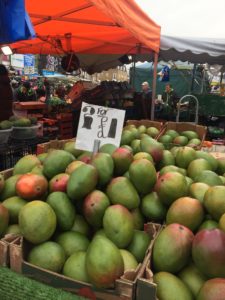
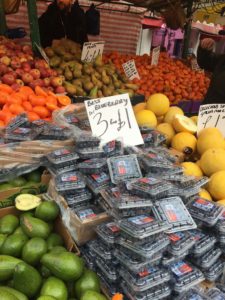
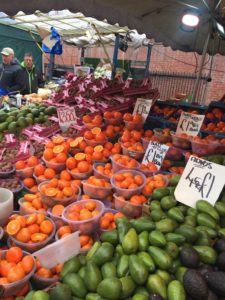
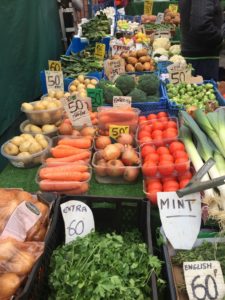
We then focused the conversation more towards the ethics and values behind having readily available vegan food on the high street. Jamie emphasised that “anything we buy form stores like Tesco is always going to have to hidden agenda behind and in my opinion shouldn’t be trusted. I don’t see what’s difficult about buying a bunch of bananas and some blueberries rather than a £3 wrap? It’s just as filling, gives you as much energy and costs 3/4 of the price.
In general, vegans appreciate the new alternative products sold on the high street. Most vegans think they make vegan diet accessible to everyone and easy to find at your nearby supermarket. However, for both health and ethical reasons they would still prefer fresh food as a first choice.
Additional interview by Lauren Chancellor

